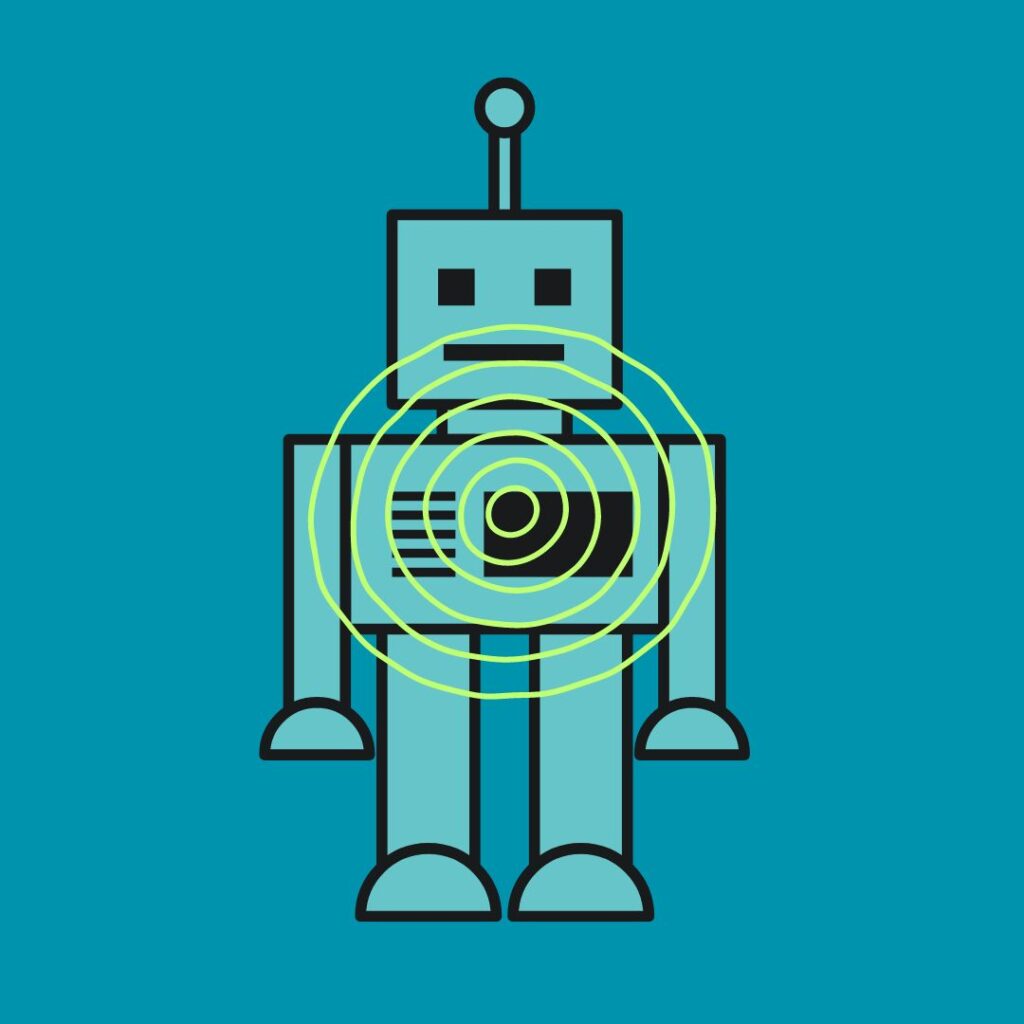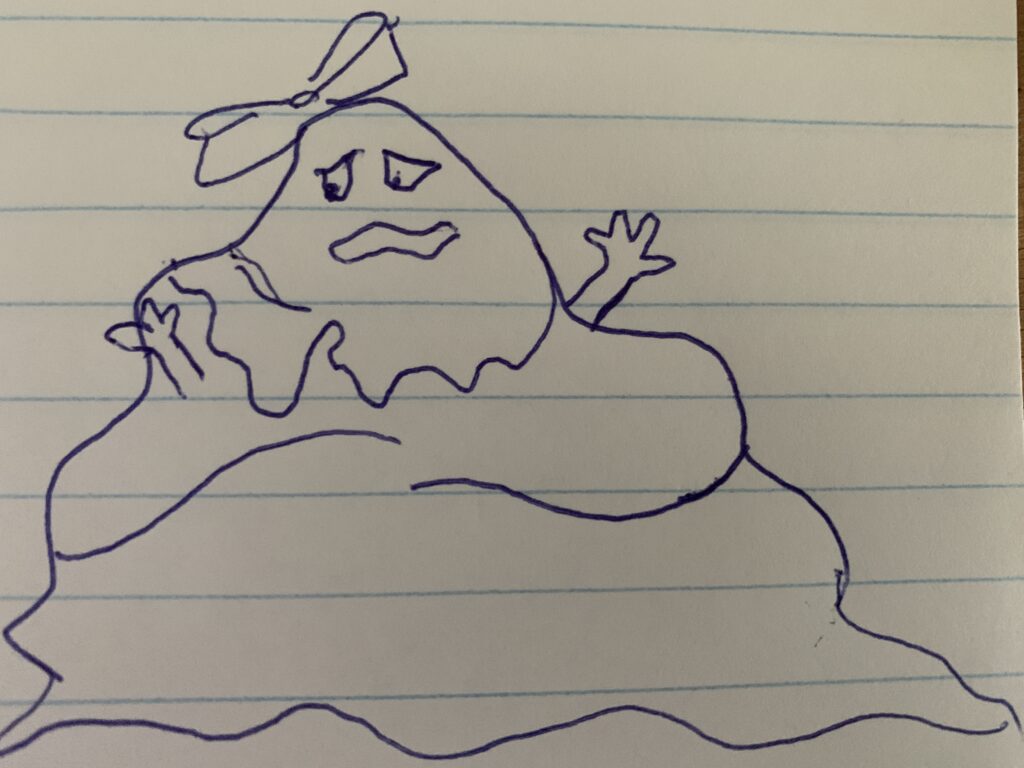An installment of the series Heterodox and Fine, I Guess

This year I have gotten really serious about seeking spiritual healing. I’d gotten really good at managing my various mental health challenges, and really refined my ethical stance, but a voice inside kept asking: BUT ARE YOU HEALED? I’m writing about this journey because maybe you need to be healed too.
I’d heard about the power of ego death, and my evangelical imagination resonated with that. Maybe, I thought, to truly be healed, I just needed to get free of myself. Maybe all my hurt was rooted in what I’d grown up thinking of as the black hole of need that was my prideful, selfish, gluttonous ego.
Growing up, whenever I experienced emotional distress, there was one reliable answer. If I was feeling insecure, overlooked, depressed, or anxious, the problem was my sinful pride.
Only it wasn’t really pride. It was the sin of being self-led. The sin of not letting authority tell you who you are, and instead wanting to determine that for yourself. It was having an ego—not in the sense of egoism or arrogance, but a sense of Self, an ability to differentiate between myself and the things put upon me by others. What Jungian psychologists would call ego-strength, we called sin. What a psychologist might call ego-weakness, we called Christlikeness. This is why the idea of ego death sounded amenable. (In a future post we will sort out what ego death actually is and what’s been required in pursuit.)
In the patriarchal evangelicalism I grew up in, confidence, curiosity, and creativity were threats to authority. Compassion and connectedness were a threat to our us/them worldview. We were really taking a bite out of the “8 C’s” identified by Dr. Richard Schwartz, as the markers of someone led by their Self—their internal connection to a higher power. In my case, God.
Looking back at my childhood and teenage self, I see a child with a deep spiritual sensitivity, and a strong connection to God. This regularly manifested in things that the spiritual leaders around me felt like they had to squash. Being a young person still learning the difference between, say, confidence and arrogance, I know I was a handful. I know there were things that set off alarms. Instead of being developed and nurtured, though, that Self was constantly undermined and questioned with Bible verses like “the heart is deceitful and desperately wicked” and the doctrine of total depravity, which taught me that everything I did was so corrupted by sin that I could not even correctly see myself. My innate and unruly spirituality was locked away, and Self was ignored whenever possible.
Somewhere around high school, I became convinced that I was truly disgusting, and needed to work extra extra hard to be not disgusting. This manifested in a lot of extroverted leadership roles and what appeared to be self-confidence (my high school classmates would be shocked to hear me describe myself as an introvert with low self-esteem, and I had a pastor who flat-out told me I’d lied to myself on my Myers-Briggs). I— camp counselor, class president and cheerleader— looked like this:

And as long as people were affirming that I was doing everything right, I could see it too. But the second anything went wrong, if I received any negative feedback, I immediately saw myself as this:

To keep me from the pain of feeling like that oozing monster I built a robot according to the specification of others’ expectations. A persona crafted by feedback. If boys asked me out, then I must be pretty. If the pastor affirmed by goodness, then I was good. If I got good grades, then I was smart. Totally external, run by code and protocol placed there by others, not by God via Self.
The strongest of these codes was the Christlikeness code. In the evangelicalism I grew up with, personality was suspect. It was never explicitly condemned, but the problems posed by individuality came up in those late night conversations where we would follow the trail of “and therefore…” to logical conclusions. If sin is at the root of everything (and, reader, my tradition really hammered that point), and our goal was to put off sin and be like Jesus, a lot of what was human development and personality was either directly due to sin (like the questing soul being framed as rebellious), or was somehow a comorbidity of sin (like the introvert who is perceived as aloof and cold). We eschewed any talk of self-esteem or self discovery, and pointed to all the debauched Hollywood types whose self-assertion led to immorality and obnoxious egoism. All Self is selfish would have been the tagline.
We were not supposed to be like ourselves. We were supposed to be like Jesus.
But what was Jesus the Christ like? If you were a woman or a child, Jesus was meek, obedient to the Father, endlessly patient, sacrificial. Above all, Jesus was sinless. The sins we cared about most in those days were sexual, followed by rebelliousness, and then another class of sins I’ll just call annoying-thy-authorities. Anything parents, pastors, teachers found distasteful could be framed as sin. When I got to evangelical college and we were told to be on the lookout for our dormmates’ sins, I was confronted by peers for being too sarcastic, too eager to answer, too charming, and too cavalier about the sins of others.
Obviously the rules were different for men, but that’s for another day. To keep women in supporting roles, it was essential to fill their heads with the ethics of self-abnegation. I went through my journal from my time working for the Presbyterian Church in America, where gender roles mimic the 1950s and my bosses regularly said dismissive, demeaning things with no consequence. The work was fruitful. Mentoring young women at Trinity University was wonderful. Working with little kids was incredibly important. But there was also plenty for a young woman with a Masters degree and a soul to feel restless about—making $16,000 per year for a while, no advancement opportunities, emotionally incompetent bosses — and when that restlessness would surface, I would castigate it as sin. On October 21, 2008 I wrote: “Basically my Self is not going down easy…I’m 24 looking ahead at a life of disregard, loneliness, and insignificance. My head knows this is what is best, but my heart is freaking out.”
Self wanted to steer me out of a bad gig. My family wanted me to take a better gig. People who loved me wanted me to take a better gig. But the robot was being told by trusted authorities that taking a lesser role, making the men around me look like good leaders was Christlike.
Were there unhelpful desires for more praise and recognition? Absolutely. But those didn’t stem from the moral transgression of pride. They stemmed from an entire lifetime of having my direct connection to God questioned and undermined. Honestly, when you’re told that God wouldn’t even be able to look at you if his son hadn’t died in your place, that’s a sludgy source of identity. Saying “I’m valuable because I’m hidden in Christ” is to say that everything about me is actually bad (yes, this tracks) and the best I can hope for is to be allowed to exist, unpunished.
Oh the way we got off on that worm theology!
Unlike ambition and achievement, personality and individuality were rarely such explicit targets of sin-eradication, but it showed up in the way we were disciplined and discipled. Ask anyone who was part of it. Being different, wanting to be different, was labeled pride. Ironically, you could still stand out, not by being unique or healthy, but by being MORE CHRISTLIKE. So more submissive, more patient. More serious about the mortification of sin. Wormier. You were better if you kept your faith through more suffering, courted instead of dated, saved your first high-five for marriage, raised financial support so that a 20-something year old bro with a “calling” could tell you how to live your life and take credit for your work. Whatever it was, the way to stand out was to be more of what the authorities wanted. If you expressed pride about that, you’d be hip-checked pretty hard, but as long as you were quiet and serving the goals of the institutions and authority figures of the church, you could have as much pride as you wanted. Your robot, loaded with code placed there by pastors and parents, could be a better robot.
Which brings us back to the opening: pride — the belief that you are BETTER than everyone else — does lead to all sorts of harm. But we were in a system that squashed the prophetic voices—those with Self directly connected to God—that could point that out. Better robots could have authority over worse robots, but Self, which would fry all the robot motherboards, was exiled.
And that, my friends, is why when I left evangelicalism, I was looking for a new code for my robot. I was looking for a new external criteria to give me value, to call me good. Without these inputs, my robot could not operate. Which is why I was melting down, as per my last most.
And if a healing visit to a prayer center gave me a glimpse at what God had been up to, it was my quest for ego death that showed me the role the Self would play in that new life.